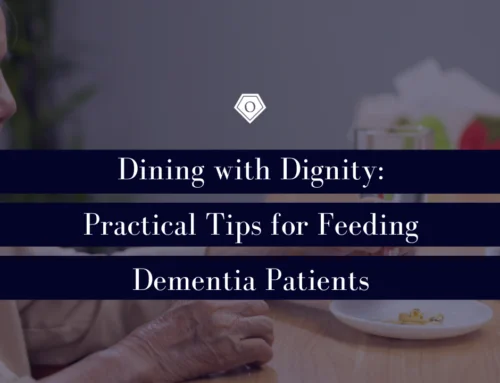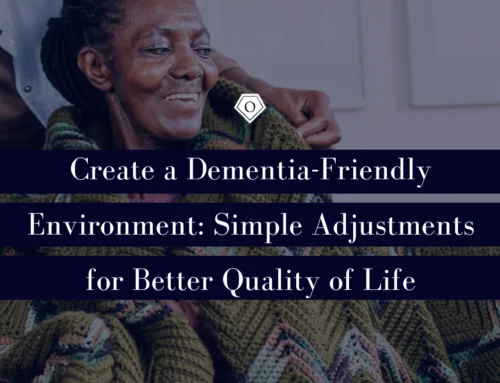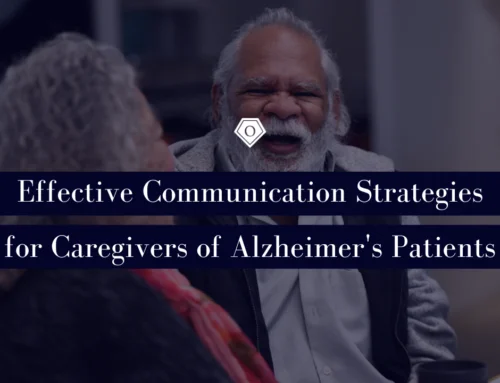Currently, there are over 5.7 million Americans diagnosed with Alzheimer’s. Memory loss and behavioral changes are challenging for the patients and their family.
Managing personality and behavioral changes are critical for creating a peaceful environment. Alzheimer’s experience sadness, fear, stress, confusion, anxiety, in addition to side effects of new medications. The tips below help caregivers cope with these changes. Remember, home care is available to help families manage the medical needs associated with Alzheimer’s patients.
Seek Support
Many caregivers do not want to spend time away from their loved one to receive support. However, support groups provide caregivers with tips to cope with and deal with challenging behavior. Support groups also offer kindred spirits to discuss the range of changing emotions of the caregiver journey. Caregiver support groups can provide touchpoints that guide families to information and local agencies.
Minimize Corrections
Correction can be counter-therapeutic to a loved one with Alzheimer’s. Two things can happen, a loved one may be embarrassed for being called out, and they may end up talking less for fear of misremembering. We suggest doing the following instead of correcting a loved one with Alzheimer’s: continue the conversation, ask an opinion-related question rather than factual, prioritize harmony in interactions.
Follow A Daily Routine
While Alzheimer’s patients may have trouble with declarative memory (facts, events, conversations), they often have much stronger procedural memory (routine). We encourage families and caregivers to establish a healthy daily routine to support Alzheimer’s patients. Following a routine can help with daily activities that involve switching between motorically-based activities such as eating, reading the paper, or going for a walk. Since procedural memory is less likely to be forgotten, creating a routine can help give Alzheimer’s patients a greater sense of control and independence.
Prioritize Cardiovascular Exercise
Exercise is the only therapeutic tool that grows new neurons! Regular exercise can improve memory and other cognitive functions, even for individuals with Alzheimer’s or at risk for Alzheimer’s. No medication, supplement, or therapy has shown to improve cognitive functioning. Memory medications aim to slow down the rate of memory loss but do not enhance memory.






